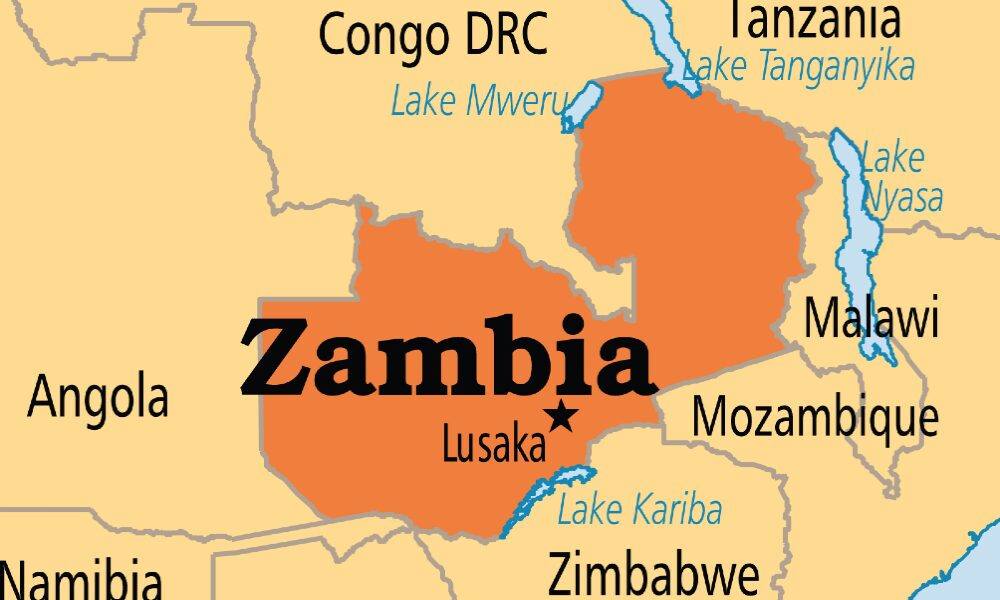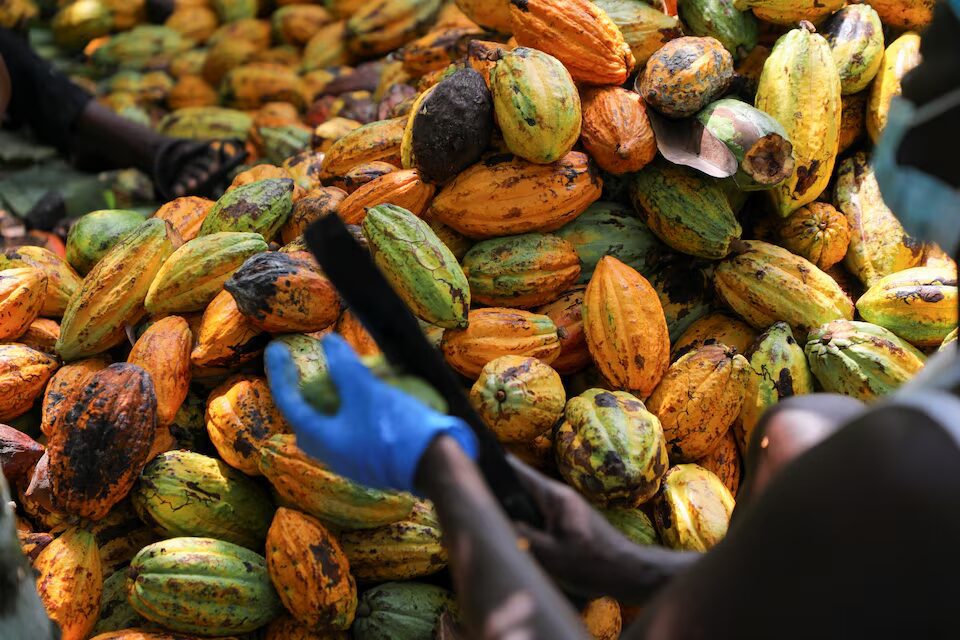
Thursday 3rd July 2025

非洲记者报道
The Africa Unlocked 2025 summit wrapped up in Cape Town after two days of dialogue centred on Africa’s economic transformation.
Organised by Standard Bank, the parent company of Stanbic Bank Tanzania, the event brought together business leaders, policymakers, and investors from across the continent to explore strategic partnerships and innovative solutions focused on five key themes shaping Africa’s growth: trade, infrastructure, energy access, capital availability, and agricultural development.
While held in South Africa, the conversations that emerged carry direct implications for Tanzania’s development and investment agenda. With the continent facing new global trade dynamics and internal barriers to doing business, Africa Unlocked offered both a reflection on challenges and a roadmap for opportunity. Tanzania stands to benefit if it aligns quickly and boldly.
Speakers at the summit pointed to growing momentum behind the African Continental Free Trade Area agreement. More African businesses are now trading across borders, but the pace is uneven. Logistics gaps, tariff inconsistencies and outdated infrastructure remain key barriers. For landlocked countries, poor connectivity increases the cost of doing business and reduces competitiveness.
Tanzania is well positioned geographically. With the expansion of the Dar es Salaam Port, improved links to the SGR and new border post upgrades with Rwanda and Burundi, the country can become a more powerful trade corridor in East Africa. But unlocking this potential will require sustained investment in customs efficiency, digital trade systems and cross border cooperation.
Another strong message at the conference was the urgent need to improve access to finance for Africa’s small and medium sized enterprises. Bill Blackie, Chief Executive for Business and Commercial Banking at Standard Bank, noted that these businesses form the backbone of African economies but face structural challenges in accessing working capital and investment.
In Tanzania, the story is similar. Thousands of SMEs remain underserved by formal finance systems, particularly in agribusiness, manufacturing and logistics. Family-owned companies with long track records continue to struggle with collateral requirements, while rural entrepreneurs face high transaction costs and low digital access.
The summit reinforced the importance of financial innovation, blended finance models and new risk sharing mechanisms. Tanzania’s financial sector can look to examples of how other markets are partnering with banks, DFIs and fintech firms to improve the flow of capital to growth sectors.
Discussions also highlighted that energy is not only an infrastructure challenge but a barrier to trade and productivity. Tanzania’s rural electrification progress, off grid solar projects and mini grid innovation are steps in the right direction, but the investment gap remains large. Agriculture was another priority theme. Several speakers described the sector as Africa’s sleeping giant. Tanzania’s own Agri value chains in sunflower oil, soya and horticulture could expand rapidly with better input systems, irrigation, post harvest storage and finance. Regional markets are growing and demand for food security solutions is rising.
Africa Unlocked 2025 did not offer silver bullets. What it did offer was a shift in narrative. It moved away from dependency thinking and placed African solutions and African capital at the centre of the continent’s growth future.
For Tanzanian businesses, financial institutions and policymakers, the takeaway is clear. The themes discussed in Cape Town reflect the challenges already being debated at home. But the window to lead is still open.
Tanzania can seize the moment by accelerating investment in trade logistics, SME finance, renewable energy and agribusiness. The future is regional. The future is connected. The future is now.


